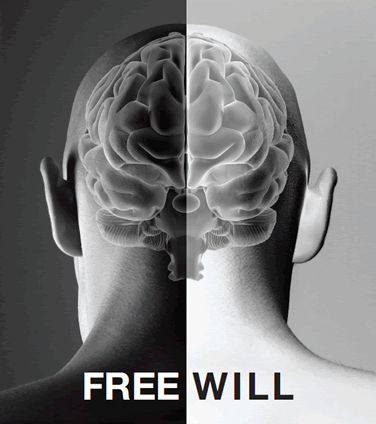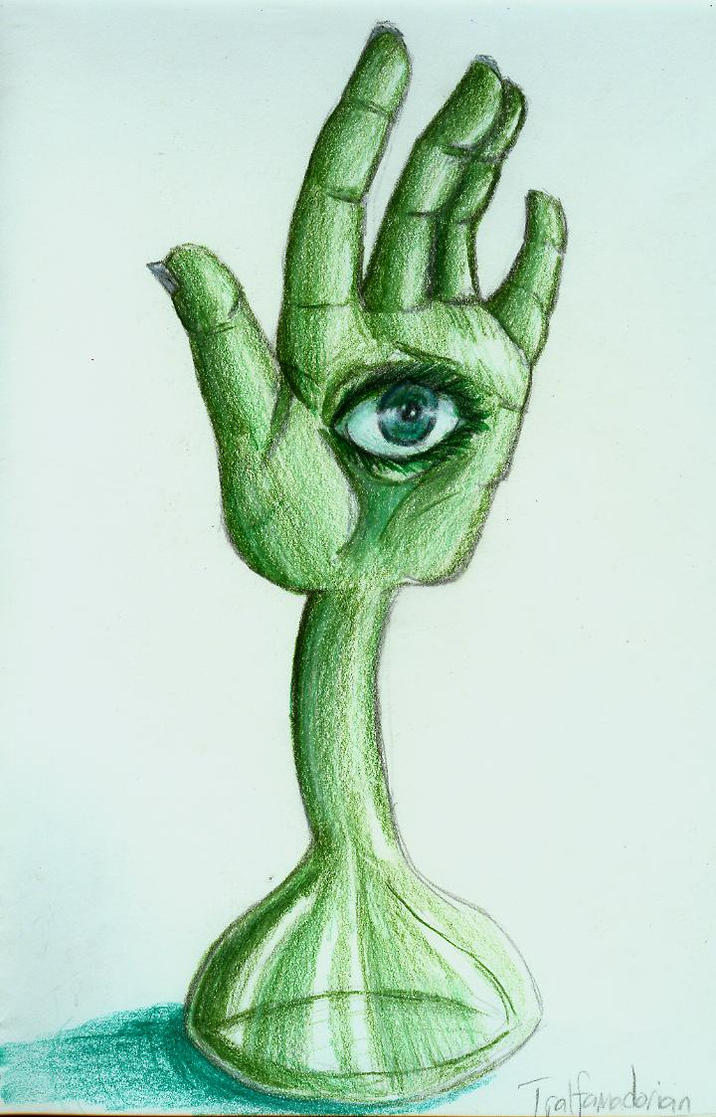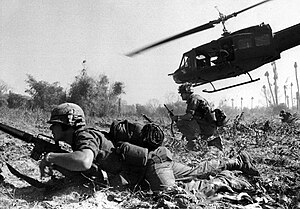Chapter 10
"One bird said to Billy Pilgrim, 'Poo-tee-weet?'" (page 215)

The bird asks a question to which there is no answer. As Vonnegut stated at the beginning of the novel, there is nothing intelligent to say about a massacre. This quote suggest that bird talk makes as much sense as any talk of war. When anyone today talks about a past war, many people think that starting the war was asinine. They didn't think before they declared war on another country. There is nothing intelligent to say about massacre because there is nothing intelligent about starting a massacre.















